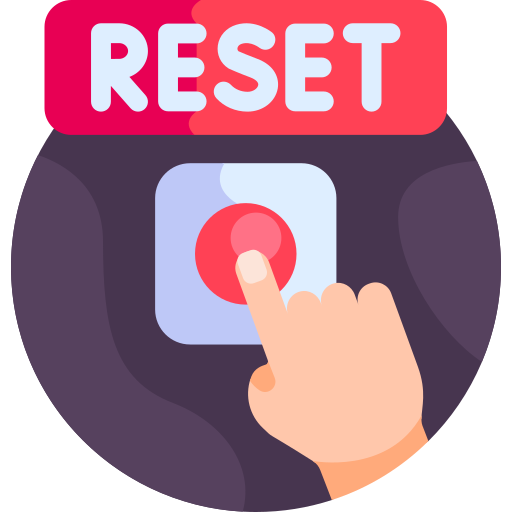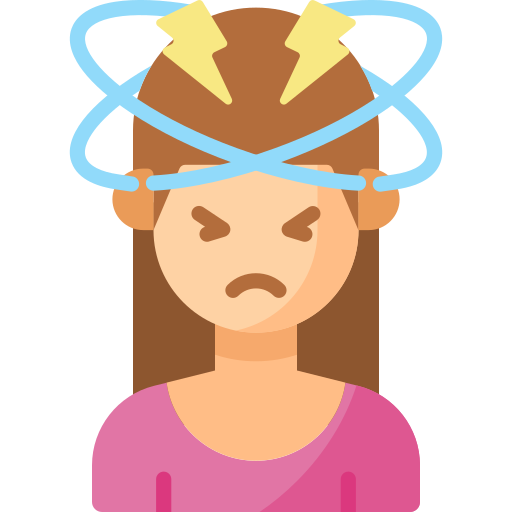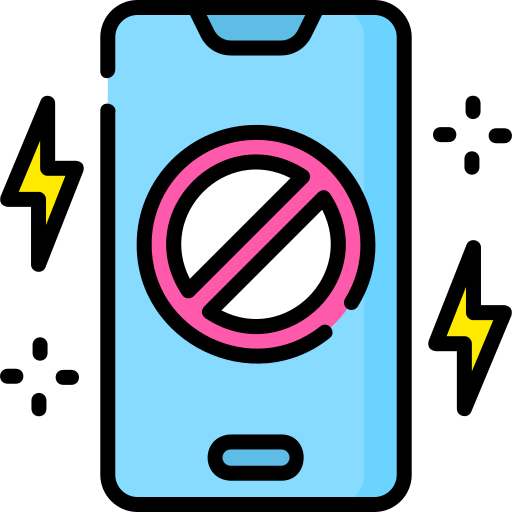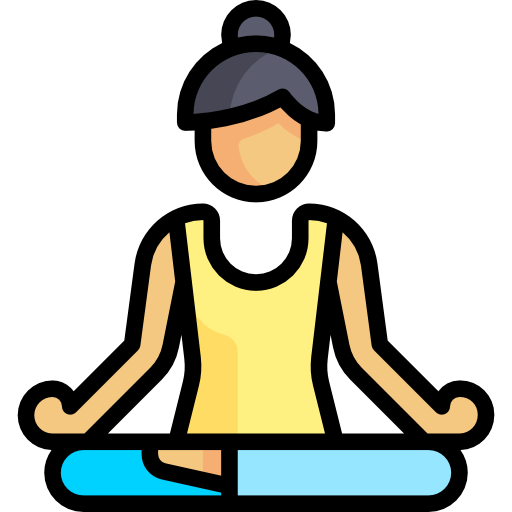Life can be pretty overwhelming sometimes.
With all of our social interactions, demands from school/work, and other daily challenges, it's easy to feel exhausted and experience sensory overload. That's why it's essential to take care of ourselves and get the rest we need.
One type of rest that often goes unnoticed but is incredibly important is sensory rest. Sensory rest is an essential way to manage the effects of sensory overload.
What is Sensory Overload?
Imagine your brain is like a supercomputer that processes tons of information daily. Just like any computer, it can get overheated and slow down if it doesn't get a break.
Sensory overload happens when your 5 senses receive more input than your brain can process at one time.

Triggers of sensory overload:
Loud noises, like fire alarms or honking horns
Bright/flickering lights, such as strobe or fluorescent lights
Crowded places, like malls or concerts
Multiple loud conversations occurring in the same space at the same time
Too much screen time

Symptoms of sensory overload:
Agitation or irritability
Feelings of anxiety or being overwhelmed
Physical discomfort (e.g., headaches, nausea, dizziness, or even pain)
Heightened sensitivity (i.e., even normal sounds, lights, or textures feel intense or bothersome)
Sensory Rest Can Help

What is sensory rest?

Sensory rest is like hitting the reset button for your brain. It means giving your senses a break from all the stimuli around you — the noise, lights, screens, and constant chatter.
Why is it important?

Our modern lives are filled with constant sensory input. From the moment we wake up to the time we go to bed, we're bombarded with sights, sounds, and screens. This continuous stimulation can lead to stress, anxiety, and fatigue.
It's crucial to let our brains unwind and recharge to stay healthy and focused.
How to Get Sensory Rest

Find quiet time: Set aside some time each day to be in a quiet, peaceful place. It could be your room, a cozy corner, or a nearby park. Just let yourself relax and enjoy the silence.

Limit screen time: We all love our smartphones and other devices, but they can be overwhelming. Try to limit your screen time, especially before bedtime, as the blue light can disrupt your sleep.

Take nature walks: Spending time in nature can do wonders for your well-being. Go for a walk or sit under a tree, and let nature's calming effect soothe your senses.

Use earplugs or eye masks: If you're in a noisy environment or have trouble sleeping, consider using earplugs or eye masks to create a more soothing atmosphere.

Practice mindful breathing: Deep, mindful breathing can help you refocus and find calmness. Try inhaling slowly for 4 counts, holding for 4 counts, and exhaling for 4 counts.
Practice meditation or yoga: Both meditation and yoga are fantastic ways to give your mind and body sensory rest. They help you focus inward and block out external distractions.
Quiz
Emma, a 17-year-old student, has been feeling overstimulated due to long hours of schoolwork on the computer, extracurricular activities, and social commitments. What can Emma do to get sensory rest and unwind after a long day of school and activities?
Benefits of Sensory Rest
Getting sensory rest has incredible benefits for your overall well-being:
Reduced stress: Sensory rest helps lower stress levels, making you feel calmer and more in control.
Improved concentration: Giving your brain a break enhances your focus and concentration when you need it.
Better sleep: Resting your senses before bedtime improves the quality of your sleep, so you wake up refreshed.
Enhanced creativity: With a rested mind, you'll find it easier to think creatively and come up with new ideas.

Take Action

In our fast-paced world, finding ways to recharge is essential. So, remember to unplug, unwind, and enjoy the calming benefits of sensory rest. Try the suggestions below to get yourself started!
Your feedback matters to us.
This Byte helped me better understand the topic.



